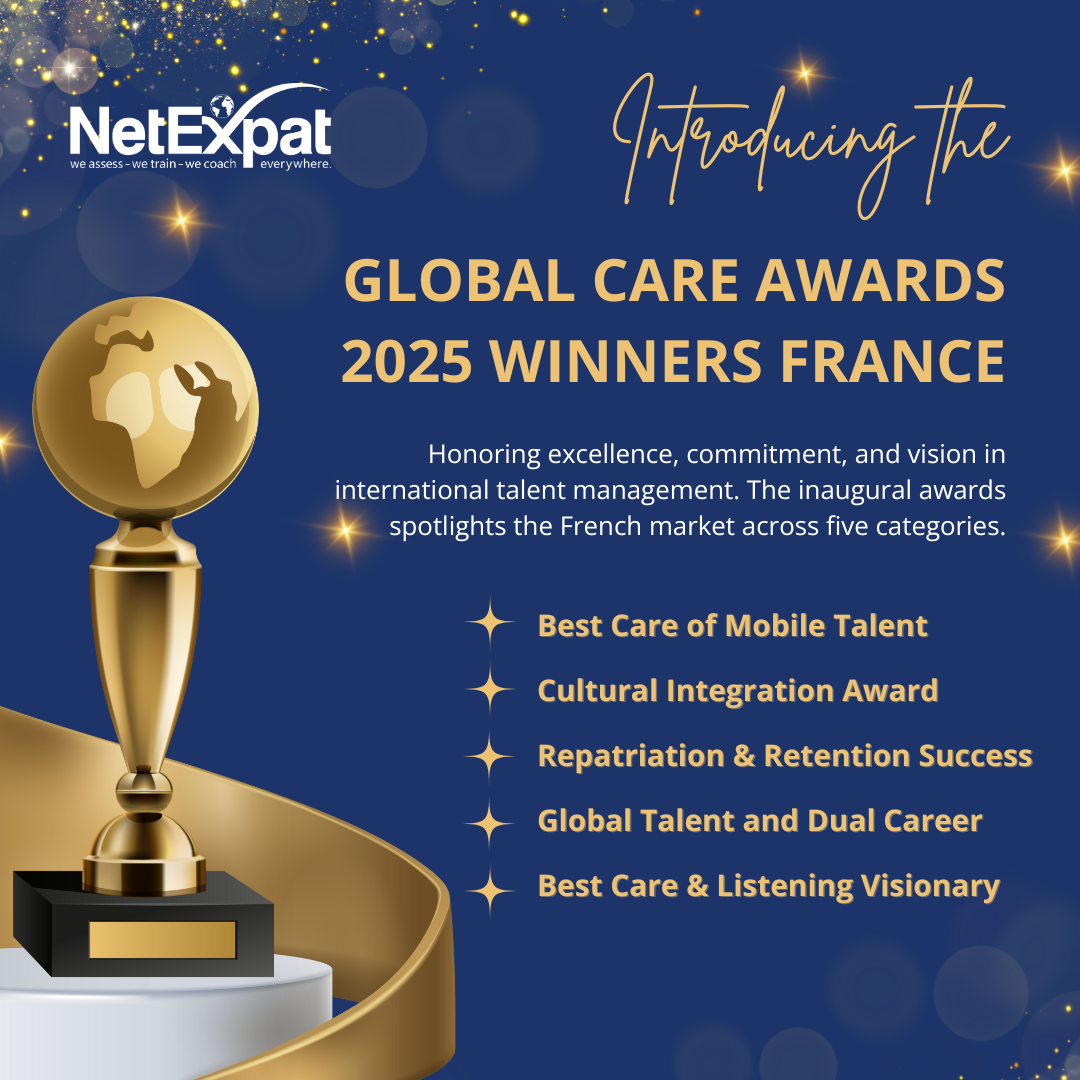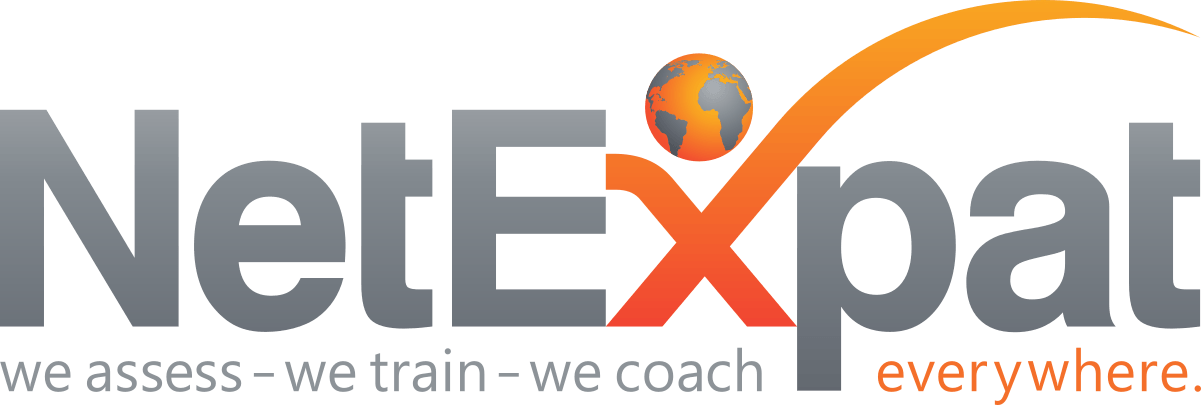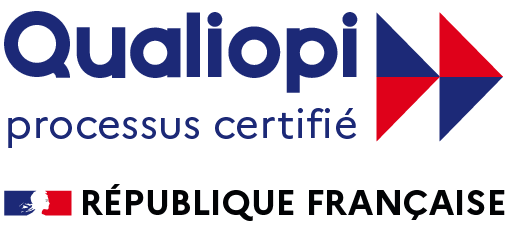Stronger Global Teams: A Unified Strategy Between Talent Acquisition & Mobility

Today’s global hiring landscape is complex. A candidate’s ability to succeed isn’t just about their qualifications; it’s about whether they can thrive in a new geographic, cultural, and/or corporate environment. Too often, companies assume preparing for success starts at the onboarding phase, but, in reality, the most crucial hiring decisions happen much earlier—during the pre-decision phase.
Why does this matter? Because hiring the right talent isn’t just about filling a role; it’s about ensuring long-term success. Without assessing readiness factors early, companies risk costly misplacements, cultural mismatches, and logistical hurdles that could have been avoided. This is where internal mobility and talent acquisition teams can align and collaborate to transform hiring into a truly strategic process – one that ensures the right talent is selected, supported, and set up for success.
Going it Alone versus Partnering Together
Unfortunately, mobility and HR teams often operate in silos, missing out on shared expertise that can optimize the hiring process. Talent acquisition professionals bring expertise in sourcing, assessing, and securing top candidates, while internal mobility teams provide critical insights into policy, training recommendations, relocation logistics, compliance, and long-term employee success in new locations. Together, they can create a strategy that’s not only efficient but also supports long-term organizational outcomes.
How Mobility Can Support Talent Acquisition Teams
Both HR and internal mobility teams bring distinct yet complementary skills to the pre-decision table. Here's how their collaboration enhances global hiring decisions:
Geographic Readiness Knowledge
Internal mobility specialists evaluate readiness factors crucial for successful integration into new locations—whether considering tax implications, visa processes, cost of living differences, and trends regarding assignment success and failure. Talent acquisition teams benefit by ensuring they hire candidates who can transition smoothly.
Using Mobility Data for Smarter Hiring Decisions
Internal mobility teams gather a wealth of insights—from previous relocation success rates and the types of talent that thrive in different regions to common challenges new hires face, post-move. Talent acquisition can integrate this data to refine selection criteria and predict long-term success.
Leveraging Mobility for Workforce Planning
Mobility teams can also help talent acquisition professionals anticipate hiring needs based on global expansion plans, workforce trends, and relocation feasibility. This ensures companies make informed hiring decisions that align with business goals.
Retention Strategies Through Mobility Insights
Employees who feel supported in their relocation and career progression are more likely to stay with a company long-term. Mobility teams can provide data on past retention trends, helping talent acquisition refine hiring strategies so they can attract candidates who will thrive in global roles.
Leveraging Global Advisory Partners to Optimize Talent Acquisition
While internal mobility and talent acquisition teams accomplish far more when they collaborate, working with a seasoned global advisory partner optimizes the process even further—especially when they also specialize in intercultural agility assessments and training. Here’s how:
Intercultural Agility Training for HR Teams

Misunderstood cultural differences can result in HR teams overlooking highly qualified candidates. It can also prevent them from providing the right types and levels of support to candidates who may need it. A knowledgeable global advisory partner can train talent acquisition specialists to assess communication styles through a global lens, preventing intercultural biases from influencing their hiring decisions and make hiring and benefits decisions based on cultural norms and needs.
Intercultural Agility Assessments for New Recruits.

A strong candidate doesn’t just need to be skilled in their field—they also need the adaptability to thrive in a different global or office culture. Assessing intercultural agility as part of the hiring process ensures talent acquisition teams select individuals who are well-suited for the roles the organization is attempting to fill. The right partner can not only conduct these assessments with ease, but they can also assess candidate integration readiness before providing new hires with the customized training they’ll need to transition more smoothly into their new roles.
Post-Hire Support for Employees and Families

The relocation journey doesn’t end once the offer letter is signed. Global advisory partners provide comprehensive support programs to employees and their accompanying family members to ensure that everyone involved with a relocation feels equipped to transition successfully. Through consistent communications and data reporting, they also work closely with organizations to ensure that their talent management and mobility programs continue to evolve with market requirements.
Talent Acquisition, Mobility & Global Advisory: A Winning Partnership for Success
A truly effective global hiring strategy is one that goes beyond skill assessments and job descriptions—it’s one that accounts for the full scope of success in a new location. Through strategic collaboration, talent acquisition and internal mobility can become powerful partners, ensuring that global hiring decisions aren’t just informed, but built for long-term success. Supported by the right global advisory partner, organizations can optimize their hiring strategies, improve retention, and create a seamless transition for employees.
NetExpat specializes in supporting HR and mobility teams, offering expert guidance on readiness assessments, intercultural agility training, and comprehensive support programs for employees and their families. For more information about how we can help you make confident, data-backed hiring decisions—while maximizing your talent mobility strategies—contact us at info@netexpat.com.
Share this post














